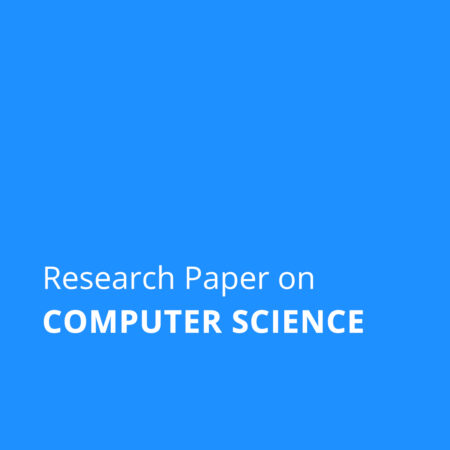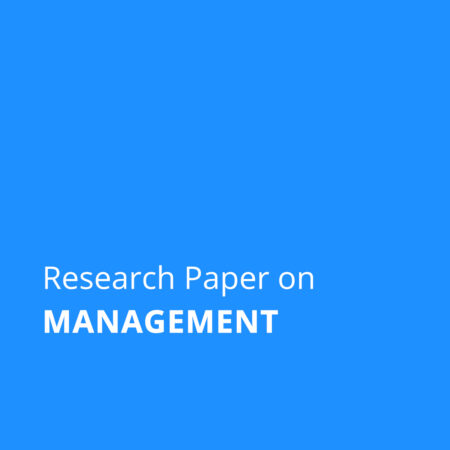Description
Title: A Look at the Nanotechnology Prospects for Wheat Biofortification
Abstract: The health of people, especially in developing nations, is severely impacted by the lack of nutrients in food crops. Despite advances in food fortification techniques, a number of obstacles, including a lack of adequate regulations and limited public-private partnerships, prevent the practice from being successfully implemented in society. Thus, the potential methods for enhancing the nutrients in diets have been suggested, including genetic and agronomic biofortification. The advantages of genetic biofortification are however constrained by the lengthy process and the limited diversity that is present in the gene pool of the targeted crop. While inorganic fertilizers’ large sized fertilizers (greater than 100 nm) suffer from volatilization and leaching losses in agronomic biofortification, organic fertilizers have the issue of prolonged nutrient release and lower mineral content. The use of nanotechnology in agriculture has a great deal of potential to address these issues. By giving the proper amount of fertilizer at the right time, reducing environmental concerns, and facilitating nutrient uptake and absorption, the use of nanomaterials for wheat biofortification becomes more significant. Nano-biofortification of wheat, a significant crop, can significantly address the problem of malnutrition and nutrient deficiency in humans. A review article that gives an overview of these studies and summarizes the advantages and results of wheat nano-biofortification is still lacking, despite the fact that numerous small-scale research experiments have been carried out to examine the effects of nano-biofortification on wheat plants. Although there are many review articles on the application of nanotechnology to wheat crops, they tend to concentrate on the use of nanoparticles to reduce biotic and abiotic stress in wheat. None of them concentrated on the potential uses of nanotechnology for biofortifying wheat. As a result, the development in the use of various nanotechnology-based approaches for wheat biofortification has been described in this review for the first time. For the improvement of wheat, various approaches, such as the provision of nano-based macro- and micronutrients, have been thoroughly discussed. Following wheat’s nano-biofortification, effective use of nanomaterials in terms of economy and meeting nutritional needs may be improved by being aware of a number of factors relating to their safe application and future prospects.
Keywords: biofortification; cadmium toxicity; iron fortification; nanofertilizers; Triticum aestivum sp.;zinc fortification
Paper Quality: SCOPUS / Web of Science Level Research Paper
Subject: Biology
Writer Experience: 20+ Years
Plagiarism Report: Turnitin Plagiarism Report will be less than 10%
Restriction: Only one author may purchase a single paper. The paper will then indicate that it is out of stock.
What will I get after the purchase?
A turnitin plagiarism report of less than 10% in a pdf file and a full research paper in a word document.
In case you have any questions related to this research paper, please feel free to call/ WhatsApp on +919726999915



Reviews
There are no reviews yet.